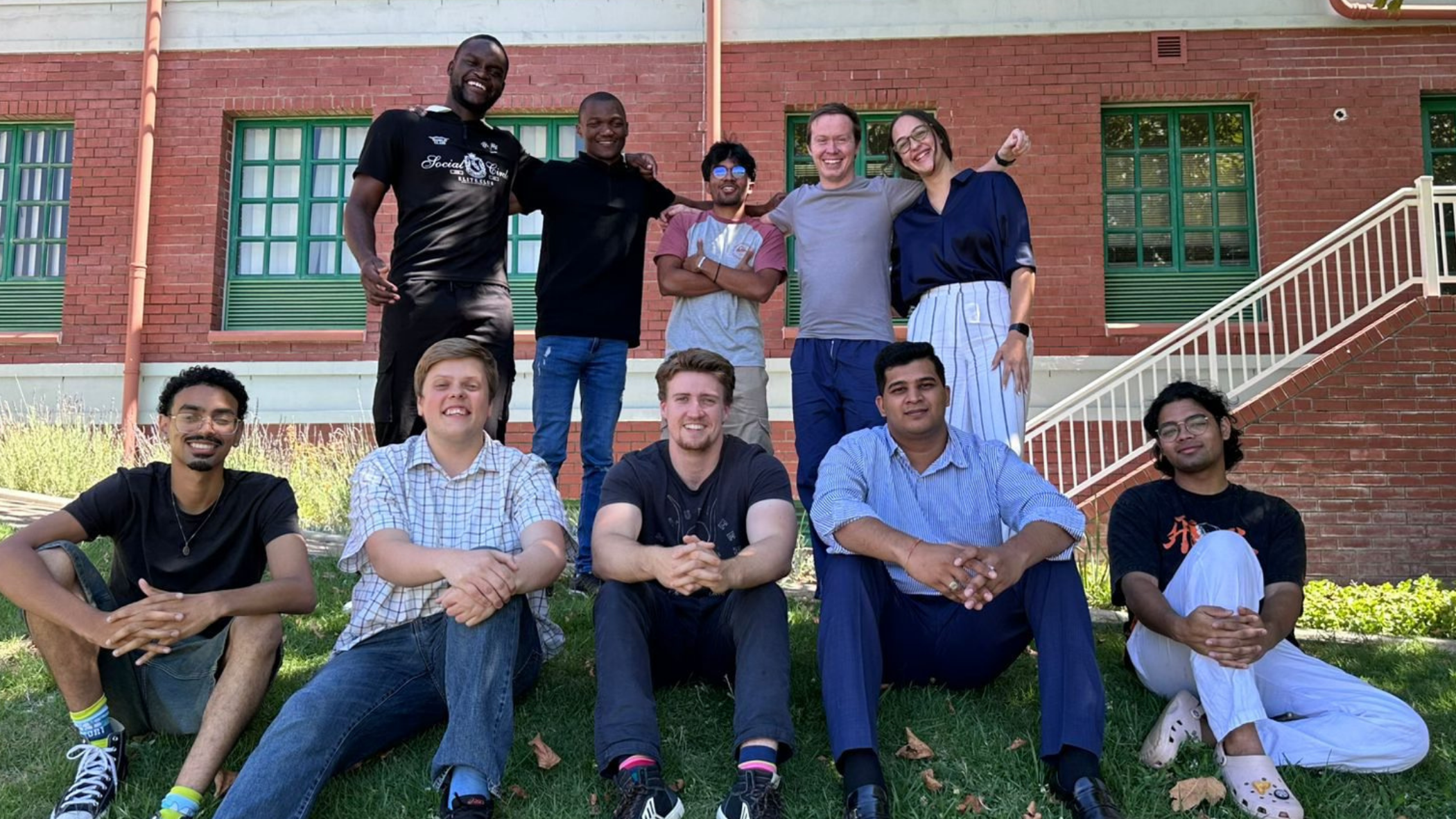In my young yet intense career I have had the privilege to work with and for colourful characters throughout the world. From the CIO in Texas who proclaimed that “Y’all need to fix this”, consultants in London to Tel Aviv and the man who forgot to mute his phone in a conference call while ordering some breakfast on the go – inadvertently giving me a witty title for this article.
In the last couple of years the world has become smaller, with cheap stable internet widely available there are no real excuses left not to explore international collaboration. Some of the reasons that I have personally been involved with this are as follows:
- Outsourcing
- Skills: With technology changing at a blistering pace, sometimes it makes sense to get in an expert to guide your local team in upskilling faster. If you have a short term specific problem, why not get in a consultant who can resolve it quickly? Other than that good developers/consultants are hard to find – don’t let something as trivial as their geographical location stop you from getting them on your team.
- Global products: While your team might be local your product can be used throughout the world, collaborating with your client and other stakeholders is just as, if not more important than working with your team.
What you should do:
- K.I.S.S. No don’t stick out your tongue and dress in black like Gene Simmons in a video call (ok do that and send pictures…) But seriously it is very easy to over complicate this, keep the acronym K.I.S.S. (Keep It Simple Silly) in the back of your head. What it boils down to is that you have people and a goal, don’t get lost in things that don’t matter.
- Meet in person I must confess that I have personally not seen some of my team members as real tangible human beings with hopes, dreams and in some cases even a personality until I met them in person. Meet, talk and socialize with them. It is well worth the cost of a plane ticket or two, the trust and respect gained from a face to face encounter is invaluable.
- Keep the Camera on Aside from the obvious cues like snoring, there is only so much you can do to gauge if someone is paying attention while only using audio. We use non-verbal communication to express the majority of our thoughts, if you can keep the camera on.
- Time Zones If you have to work together it makes sense to match up your office hours to maximise the hours where everyone is available. A quick question to resolve an critical issue for your client in Dubai after they left for the week on a Thursday (their weekends run from Friday to Saturday) is equivalent to two business days of no work which has a real business impact.
- Know their culture Demeanour, humour, even hiring and firing policies can differ dramatically between countries or even cities (looking at you Joburg). Keep that in mind when working with people from other cultures, their reality can be completely different from yours. In my opinion the only way to do this is to wade into the waters slowly with an abundance of empathy.
- Share almost everything The annoyance of oversharing pales in comparison to the risk of assuming that others know what you do.
- Choose your tools, then stick to them There are a plethora of tools available that you can use from Google hangouts to old school Skype, don’t overthink it find one you like and stick to it. Focus how well you are collaborating and not with what!
- Make chit chat Get to know your team members, if you know someone and can convince them to buy into the teams goals you can expect more and better work from them. They are people not just machines that convert coffee into code.
What you should avoid:
- Clans within teams There is always a danger that separate geographical groups of people within a team will have separate goals and infighting can ensue. Therefore invite everyone to everything make sure there is one overlapping shared goal to avoid this pitfall. Send the same signals to each one of these groups so that everyone is on the same page.
- Language barriers This is one problem that will crop up. When initially getting people on board make sure that they are able to communicate effectively in your organizations preferred language (if only we could talk in code…). It is difficult enough to get requirements right without something getting lost in translation.
- Side conversations When you are in a conference call always speak to everyone – having a quick mini-meeting with the person next to you is usually audible to others in the meeting and can be perceived as rude or even worse, that you do not respect the others in the meeting.
- Confuse having meetings with communicating effectively Frequent and long winded meetings do not equal good communication, but can waste valuable hours. Having an ongoing chat with everyone instead of fixed meetings will enable you to resolve issues when things do pop up on an ad hoc basis. Use the same principles you would with code – never repeat yourself.
The chances are that you will have to work, or are already working, with an international band of misfits. It can be a great experience, if done right. So be pragmatic and remind yourself that we are all just people.
Written by Liaan Booysen


